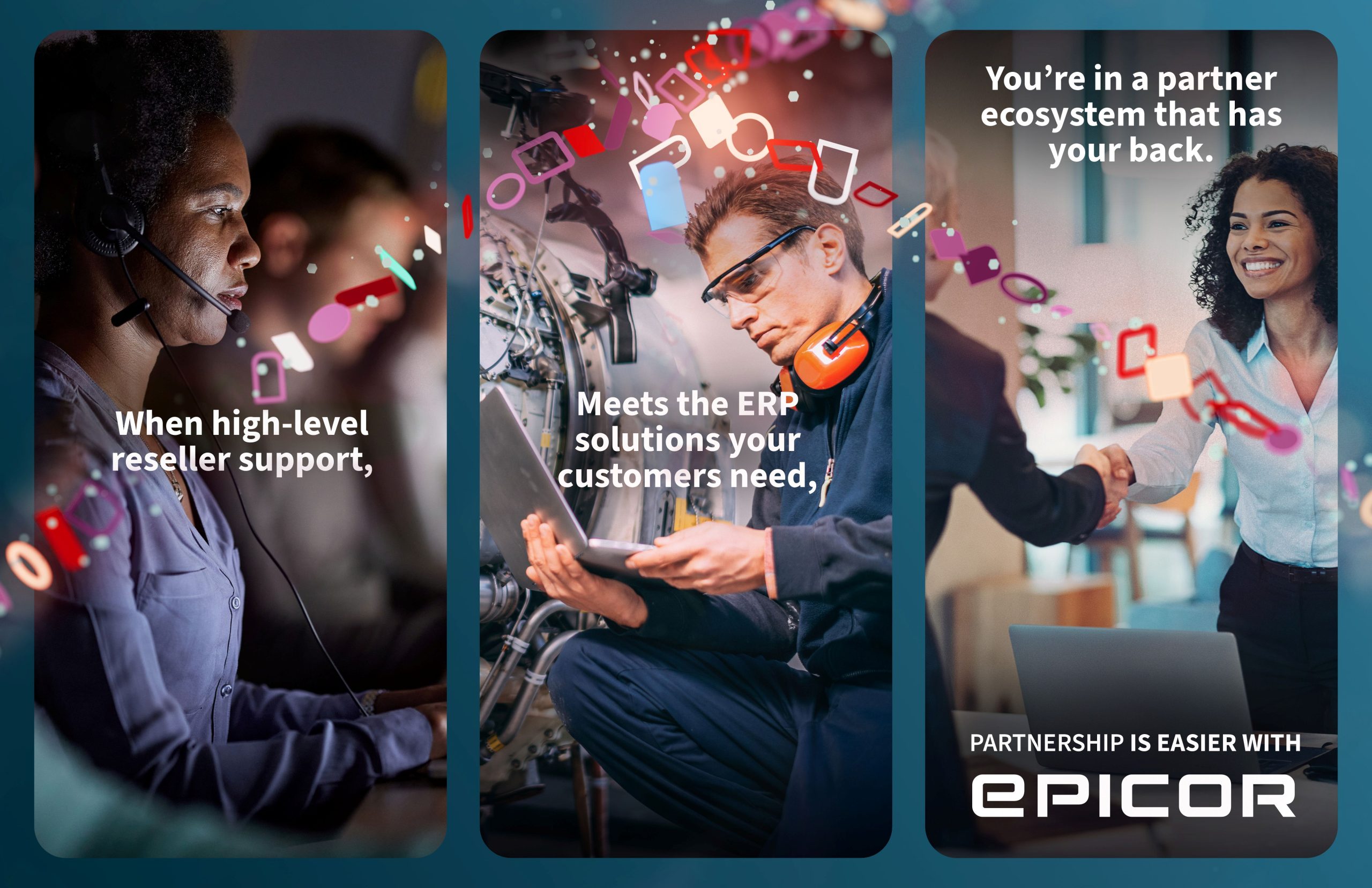Oracle is now encouraging its customers to go all-in on the cloud. So many of the thousands of organizations currently operating Oracle E-Business Suite (EBS) will soon be facing the end of premiere support for this on-premise ERP platform as the company pushes offerings like Oracle ERP Cloud. Specifically, Oracle premier support for EBS release 12.1 will be available through at least December 2021. This means that companies using Oracle EBS can continue to sustain their investments with minimal disruption for a few more months without losing access to new updates, security alerts, data fixes, certifications, and critical patch updates. But when that deadline hits, where does this leave existing EBS customers?
We discussed how on-premise businesses should prepare for this new era with Allen Jacot, a Solution Architect and Oracle expert at Syntax.

Could you introduce yourself to our readers?
I have worked in information technology for over twenty-five years. I started with JD Edwards working on what ultimately became EnterpriseOne. My experience with EnterpriseOne has allowed me to contribute by writing several books on EnterpriseOne. Over my career, I have held a variety of different roles. These have spanned from running customer support teams for a software vendor to running professional services for consulting organizations, system architecture, and of course pre-sales support. I have been blessed to see the changes in the industry over the last twenty-five years. The move to client-server and ultimately to the sleek user interfaces and citizen developer tools we have today.
The pandemic has accelerated cloud adoption over the past 2 years. However, many businesses continued to be on-premise, and that presented significant challenges during the pandemic. Do you think the On-Premises era is already over?
Although some companies may prefer to keep their systems on-premise no matter what, I feel the larger industry is moving to the cloud. The economies of scale, hyperscaling, and the breadth of tools offered by cloud vendors make this the direction the majority of CIOs are turning their companies towards.
Oracle recently announced that Oracle premier support for Oracle E-Business Suite (EBS) release 12.1 will be terminated after December 2021, meaning many organizations will be facing the end of premiere support for the on-premise ERP platform. In this context, what is the next step for Oracle EBS customers?
As Oracle moves to sustain support for these customers, EBS customers will not receive new fixes, updates, or patches. This means that for many, upgrading to EBS 12.2 is a must. EBS 12.2 will provide regular updates to improve functionality and features. Those still using running Oracle EBS 12.1 will need to implement an upgrade plan if they have not already. This involves listing out the resources and team needed and the anticipated timeline. They’ll also want to remove historical data from your production environment before starting the upgrade.
What would you recommend for the on-premise businesses that want to update and migrate their ERP systems, how should they prepare themselves?
Map out your cloud journey. You don’t have to do everything right away. However, you should have a targe of moving to more of an autonomous ERP solution. The cloud can help you get there. You can start with smaller systems and slowly move more to the Cloud. This will allow you to start utilizing tools, such as AWS lambdas, machine learning, and artificial intelligence to provide a solution to your organization that is more autonomous.
What are the advantages of updating their ERP systems?
Staying current on your ERP system allows you to keep up with functionality in your industry. This may be enhancements for items such as real estate management or manufacturing. It also allows you to stay current on operating systems and database levels. This is critical in today’s dangerous world with hackers trying to take advantage of any vulnerability.
What distinguishes Oracle ERP Cloud from other players in the software industry?
Oracle Cloud Infrastructure allows customers the ability to move to the cloud at a lower cost for virtual machines and storage. Customers can also roll database licensing costs into their monthly payments allowing for greater flexibility.







